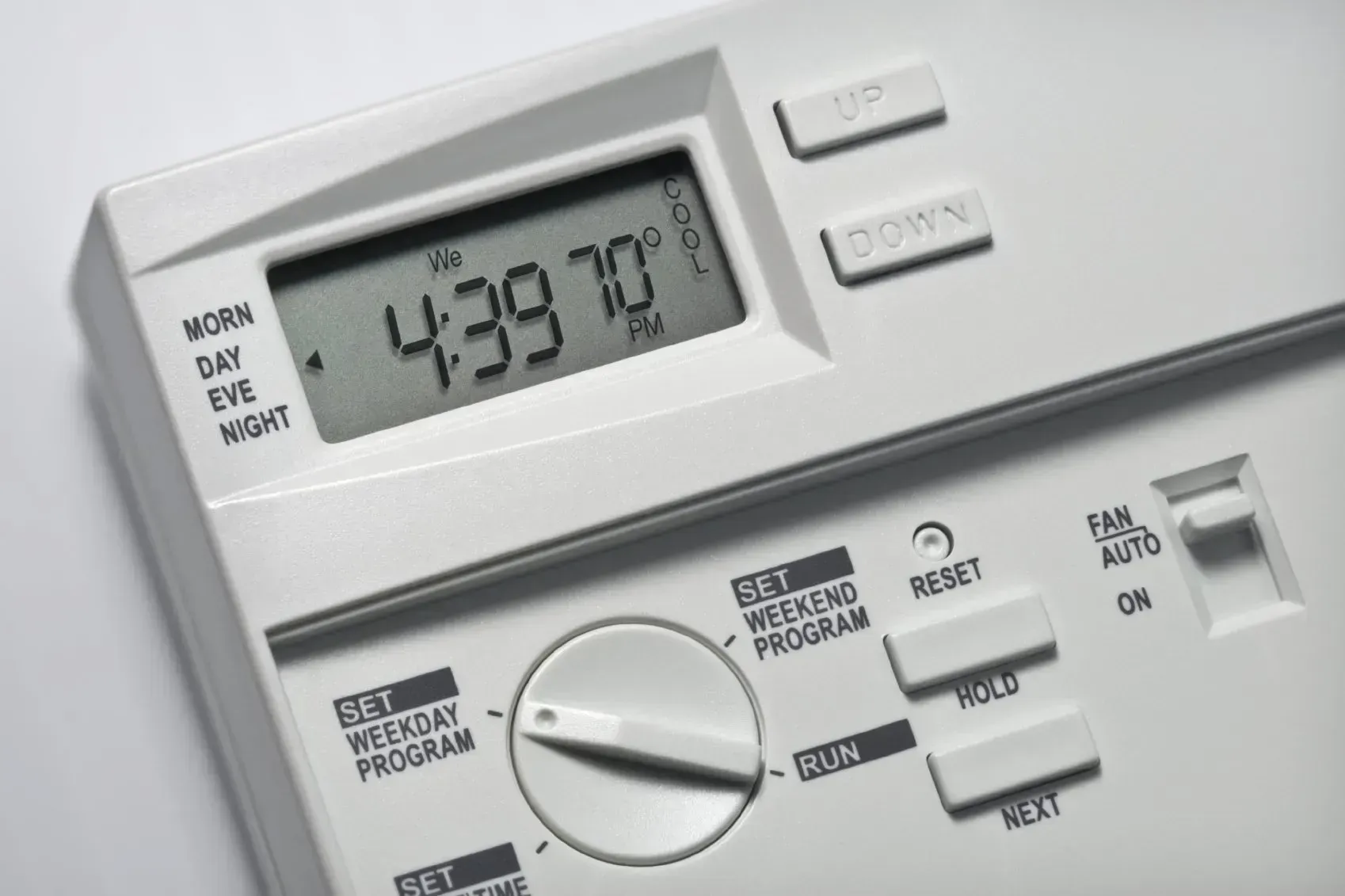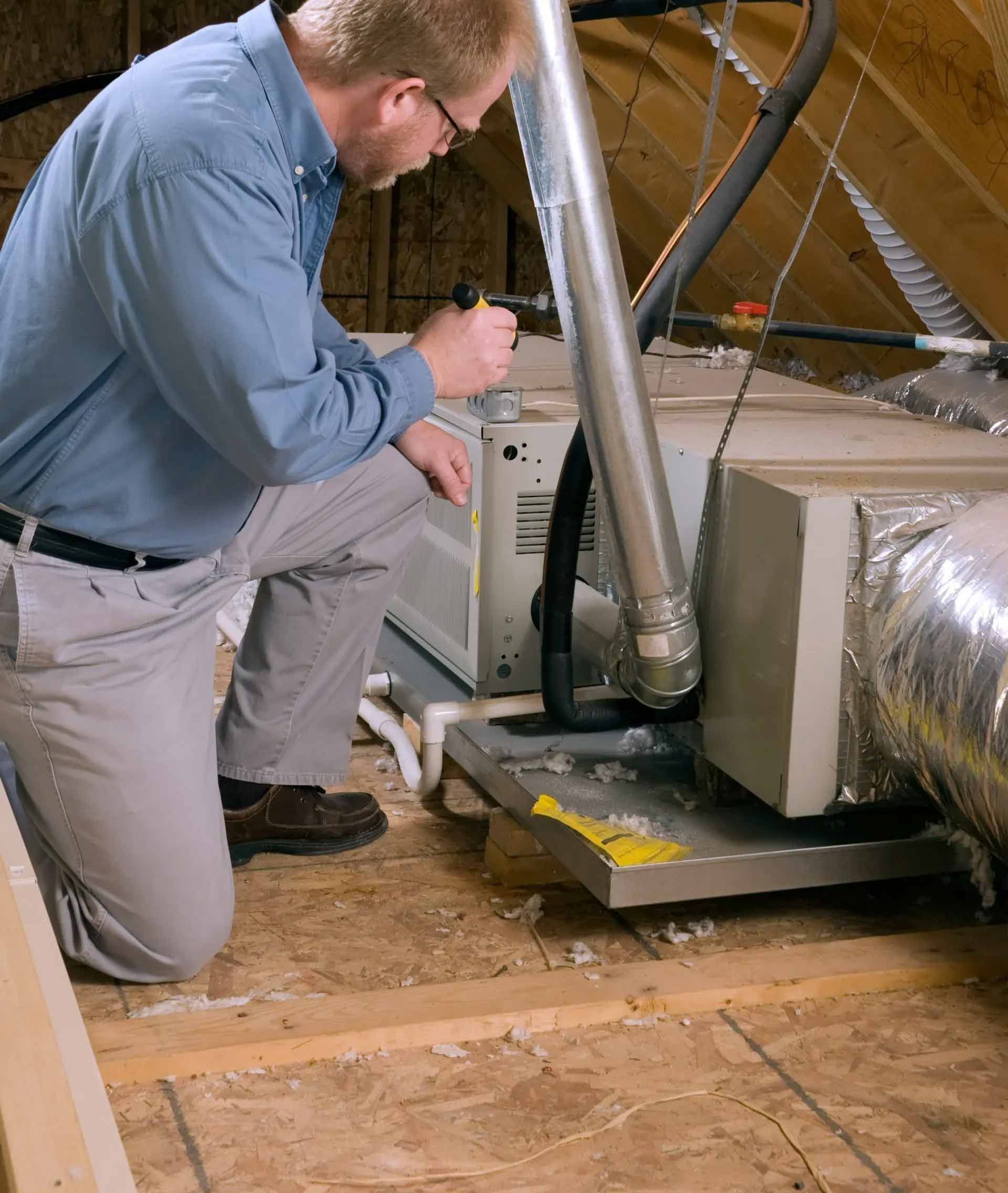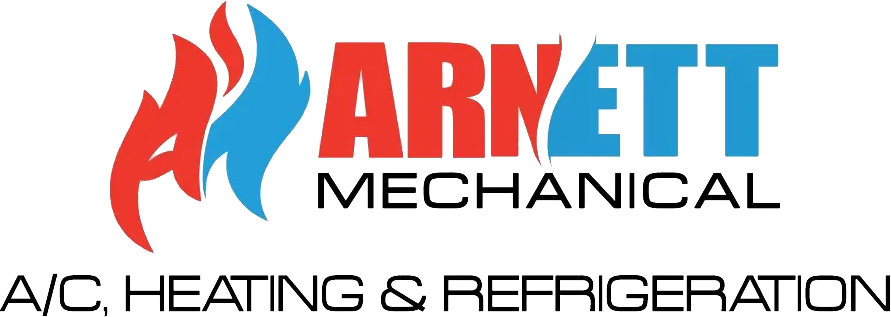9 Things To Check Before Calling HVAC Contractor
When your HVAC systems fail, you may have to put away your handyman tools and hire a professional. Before you call an HVAC contractor, here are the 12 HVAC troubleshooting tips to consider. When a homeowner's HVAC system malfunctions, they automatically call an HVAC specialist. A dirty or blocked air filter may cause these oddities. We advise homeowners to inspect and change their filters. Many filters simplify upkeep for properties with dogs, rugs, fields, or construction zones. Before calling a technician, consider these HVAC troubleshooting tips.
Important Points
Mark your calendars! 1-inch filters should be changed monthly, 2-inch filters every two months, and 4- to 5-inch filters every 6 to 12 months.
1. Checking the AC's circuit breakers. Power switches and breakers are frequently accidentally turned off when installing new appliances. Check your circuit breaker to ensure it's not something as simple as resetting a switch. A circuit breaker might be found in the basement, hallway, or storage room in some homes.
2. Examine the air conditioning Filters. Filters of any HVAC system are delicate. When troubleshooting an HVAC system, vents, ducts, and grills should be checked for blockages. Keep plants and furniture away from HVAC filters.
3. Check the AC: Property Manager. If you require an HVAC specialist, tenants should contact their property manager first before calling a technician. HVAC professionals arrive and discover they can't repair without the owner's authorization.
4. Check the HVAC Electricity Outages. Before contacting an HVAC contractor, make sure there's power. It's not always easy to spot commercial properties during business hours, although this is often the case. Natural illumination during the day is a cost-effective option for homeowners and renters.
5. Check the AC System Batteries. Clogged vents, for example, might block airflow and inflict irrevocable harm. The remedy may be as simple as changing your batteries. This HVAC troubleshooting method is commonly overlooked! If the thermostat isn't working, change the batteries.
6. Check the Outside AC Unit. It's not uncommon to overlook an outdoor unit when inspecting an HVAC system. However, the outside unit is the principal source of airflow within a building. Sucked onto the surface, leaves, and branches may cover the entire unit. After turning off the electricity, property owners can rinse the device with a hose to remove any leftover particles. Keep a 3-foot debris-free zone to maintain healthy airflow and avoid future issues.
7. Check the AC Summer frost. Pipes that have frozen due to abuse may cause cooling system issues during the summer. To troubleshoot HVAC, homeowners must defrost the system, which can take up to two hours. It is important to note that it may re-freeze once the system has thawed and restarted. This might go on for a few days. However, if this continues for several days, we recommend calling a certified HVAC Contractor. Turn off the thermostat but turn on the FAN to efficiently defrost the system.
8. Checking the AC Problems. Please don't turn the heat down, no matter how hot it gets outdoors! You may cause additional problems by causing the system to freeze, rather than a cooler house or company. Knowledge of air conditioning is beneficial. Your home's inside and outside will always be 20 degrees apart. If the temperature outside is 92 degrees, the average interior temperature is 72 degrees. However, if the temperature is over 100 degrees, the unit may have trouble cooling the property.
9. Examine the wiring of the AC system. Cleaning up weeds in your yard can affect your HVAC system. Be careful when using a weed whacker near an outside unit, as it can damage cables. As you approach the device, look for any stray cords. Contact a local HVAC specialist if you discover any while troubleshooting your HVAC system.
Note: When the temperature outdoors becomes too hot, residents should close the drapes and blinds on the west side of their property. Close the curtain while troubleshooting HVAC systems to keep them working smoothly and efficiently for years.
Why Choose Us
Your home should be a secure sanctuary for you, and you should feel comfortable there. When your HVAC system fails, your family suffers you require an HVAC contractor that is reputable and skilled to respond quickly.
Is your air conditioner making a lot of noise and blowing hot air? Request an appointment with Arnett Mechanical for your home comfort, as our motto is "Where Comfort is Cool!" Our expert contractors will be at your place in no time.
RELATED POST:

















